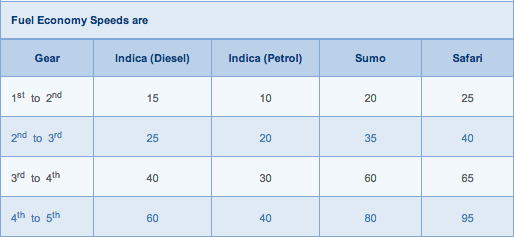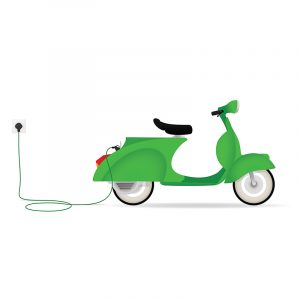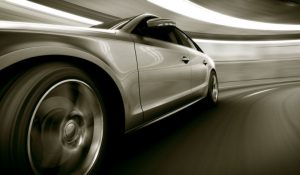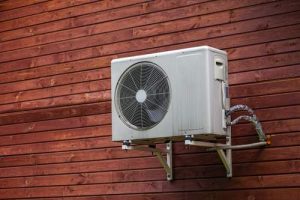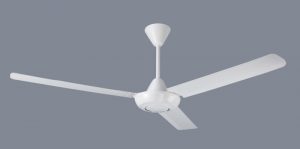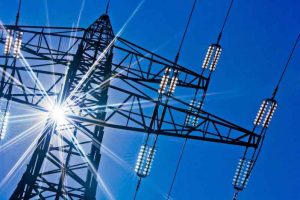Top 10 ideas for saving petrol/fuel in your car/vehicle
There was a time not long time ago when the prices of petrol/fuel were quite reasonable. The prices of all kinds of fuel: petrol, diesel, etc have skyrocketed in last few years. A recent ad on TV by a car company had a dialogue: “Kitna deti hai” (how much does it give), summed up the preference that most people in India have. No wonder fuel efficiency is one of the primary factors that influences buying decision of most Indians. But still the rising cost of fuel is causing the pinch. Although companies can do certain things to improve the efficiency of the cars, but a lot depends on the road infrastructure and driver. A well maintained car and a driver with good driving habits could save up to 30% of fuel. And here is how it can be done:
Driving habits
- Speed limit for enhanced efficiency: Fuel consumption of car depends on various factors: aerodynamics of the car, friction on the road, efficiency of the engine, etc. When speed increases, the force of air against the movement of car increases. The friction on the road also impacts. Most studies in the west (like this: link), suggest that the efficiency of vehicle goes down significantly beyond 80 kmph, with roughly 10% decrease in efficiency with speed increase of about 10 kmph. But such road conditions are only available on good highways. Studies on Indian roads suggest a speed of 60 kmph (source: pcra). So try keeping speed between 60 and 80 kmph depending on the kind of road you are driving.
- Avoid aggressive driving: Speeding, rapid acceleration and braking wastes a lot of fuel. It can reduce fuel efficiency by up to 33% on highways and 23% in city. Excessive braking increases friction and thus reduces efficiency of the engine.
- Avoid Idling: Idling is when engine is on even when the vehicle is not moving. Sometime this is done to keep the AC working, or sometimes it is sheer laziness. Or at times one has to stop at a stop sign and does not know how long the wait is or does not know how long the wait should be for which the engine has to be switched off. So as per research by Argonne National Laboratory (link), if the wait is longer than 10 seconds, the best thing is to switch off the engine.
- Use right gear for right speed: Lower gears in a vehicle are meant for lower speeds and higher gears for higher speeds. Engine has to work much harder if speed is high at a lower gear, which decreases efficiency. Every vehicle, depending on the size of the engine has an optimum speed to achieve maximum efficiency at various gears. One should always look at the driver’s manual for the vehicle before using it. A sample representation is obtained from Tata Motor’s website (link):
 The numbers above are in km/hr. Please note that you should look at your own vehicle’s manual for these numbers.
The numbers above are in km/hr. Please note that you should look at your own vehicle’s manual for these numbers. - Avoid riding the clutch pedal: The purpose of a clutch is to connect or disconnect engine to the gearbox. If the clutch is pressed lightly, the connection between the two becomes slippery, and thus the acceleration is poor. This can result in significant decrease in efficiency, as the power generated by the engine will not pass on completely to the gearbox to move the vehicle.
- Avoid excess weight in the car: The laws of life/physics always remain the same. To do more work, you need extra efforts. Similarly to move more weight, the vehicle will need extra energy or fuel or petrol. So if you are someone who likes to keep your vehicle full of things, then you are spending extra money on fuel to take it all around with you. Make sure that you clean up your vehicle of unnecessary things before taking it off.
- Close windows at higher speeds: The bodies of vehicles are designed for certain aerodynamics. The external body minimizes air friction. If the windows are kept open at higher speeds (especially on the highways), then the air friction increases significantly, thereby reducing the efficiency of the car. In those times, it is better to keep the AC/Fan on rather than reduce efficiency of the car.
Maintenance habits
- Maintain your vehicle’s tyres well: There are two kinds of friction that are important for a vehicle: 1) Friction from road 2) Friction from air drag. Friction from road comes because of the contact of the tyres with the road. Thus wider the tyres, more is the friction. If the tyres do not have right air pressure, the tyres tend to get flatter and wider, thus increasing the friction. This can result up to 3% increased consumption of fuel. So make sure that the tyre pressure is checked regularly. Also never go for tyres wider than the manufacturer recommended size, as it can increase friction and thereby increase fuel consumption.
- Get those dents repaired: If your car has got dents that deform the body, make sure that you get them repaired soon. It is not just for the looks, but also for fuel efficiency. Dents can make car less aerodynamic and it can lead to extra friction from the air drag, leading to excess fuel consumption. So make sure that those dents are removed quickly. Also remove unnecessary decorations and unused carriers and hood racks from your vehicle.
- Get your car serviced regularly: The regular engine tune-ups, air filter cleaning, oil checks, etc make sure that your vehicle is in a healthy condition. And just like a health body, a healthy vehicle will need less fuel to keep it going. Just make sure you use the manufacturer recommended oils and fuel to keep the vehicle healthy.
Conclusion
Although buying a fuel-efficient vehicle is an important step towards saving costs on fuel, but making sure that the vehicle is maintained well and is driven properly can certainly help improve fuel efficiency and can reduce burden on your pockets.
References
PCRA website
US Energy Department website
Argonne National Lab website
Hopkins School website
Tata Motors website
CSE India website
About the Author:
Abhishek Jain is an Alumnus of IIT Bombay with almost 10 years of experience in corporate before starting Bijli Bachao in 2012. His passion for solving problems moved him towards Energy Sector and he is keen to learn about customer behavior towards Energy and find ways to influence the same towards Sustainability. More from this author.

